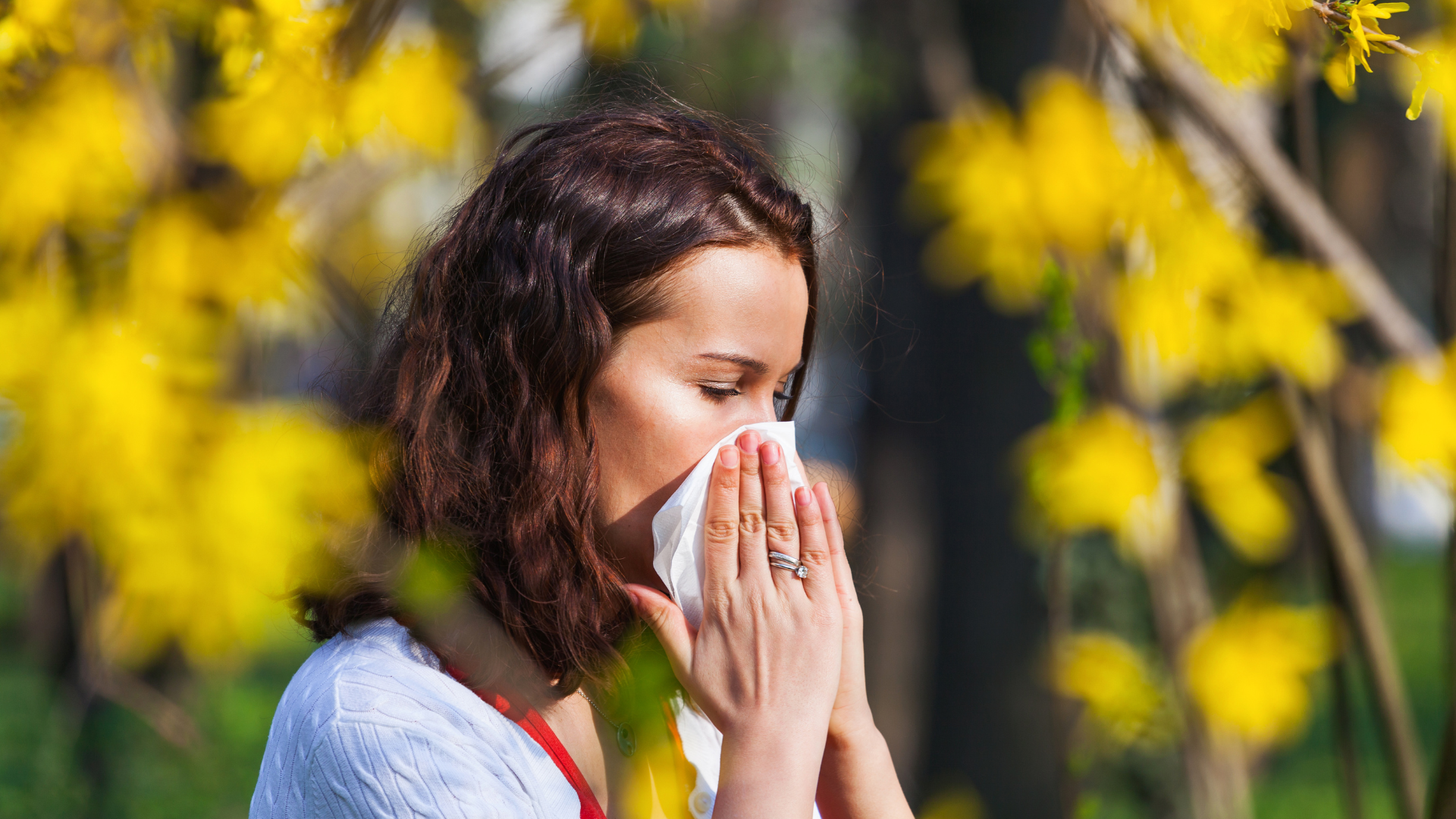Belgium has seen a rise in severe food allergies among young people, leading health experts to question the root cause of this phenomenon.
With emergency hospitalisations for severe allergies up 25% in a decade, lung specialist Bart Lambrecht told VRT news that food allergies have nearly doubled over 20 years among young people. He believes that this surge could be linked to a wider use of detergents.
The modern obsession with cleanliness may have unintended consequences, Lambrecht explained. "The excessive laundering of clothes, the frequent use of various soaps on babies, and similar practices disrupt the skin's protective barrier, allowing allergenic substances like peanuts to penetrate more easily," he told VRT.
Feeding babies around the world
But how can we remedy the situation? "In the past, the approach was to identify food allergies in children and transition them to hypoallergenic milk. Paradoxically, the more uniform the diet, the more problematic it becomes," Lambrecht explains. Current scientific consensus suggests a diverse diet as early as possible, ideally before six months of age.
Traditionally in Belgium, babies are initiated to solid food with vegetable "porridge". By contrast, high-risk infants in the United States are recommended peanut-derived products (not whole peanuts). In Israel, peanuts are the primary first food, and the country has a significant reduction in nut allergies.
Lambrecht acknowledged the benefits of hygiene for public health but underscores its drawbacks: "Our immune system has evolved over millions of years to protect us from severe infections like malaria and tuberculosis, which have largely disappeared in the Western world due to improved hygiene and vaccinations."
However this has left our immune systems overreacting to less harmful substances, leading to allergic responses to common environmental allergens such as grass pollen and dust mites.

Credit: Canva
A vaccine for allergies
Considerable research is now focused on developing a vaccine to enhance our protection against allergies. Lambrecht told VRT that experts are well aware that medications are available to promote tolerance or teach our immune systems not to overreact to allergens.
Allergies are not solely a concern for children; adults are also susceptible. Lambrecht pointed to occupational allergens as an example, stating that one in ten bakers can develop an allergy to flour. Moreover, individuals working in industries like plastics, particularly those exposed to hard plastics within cars, are also at risk of developing allergies.

